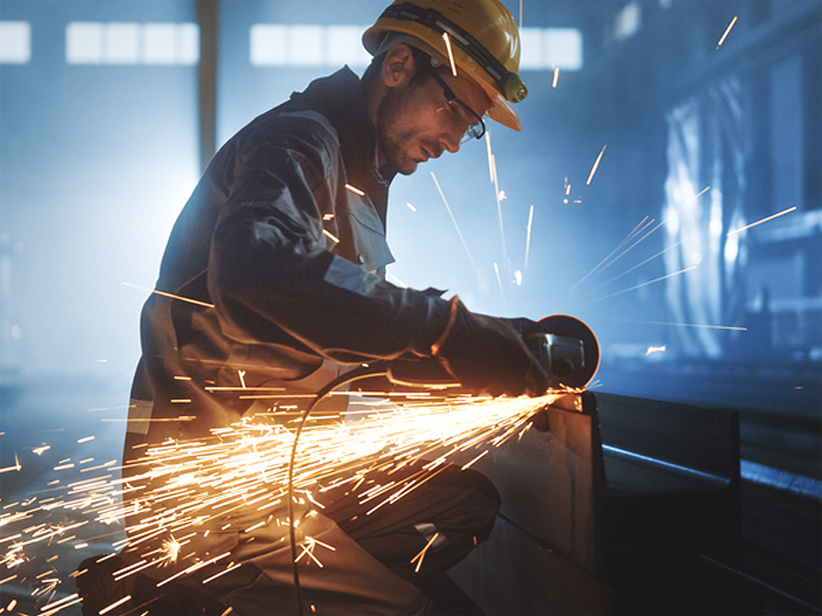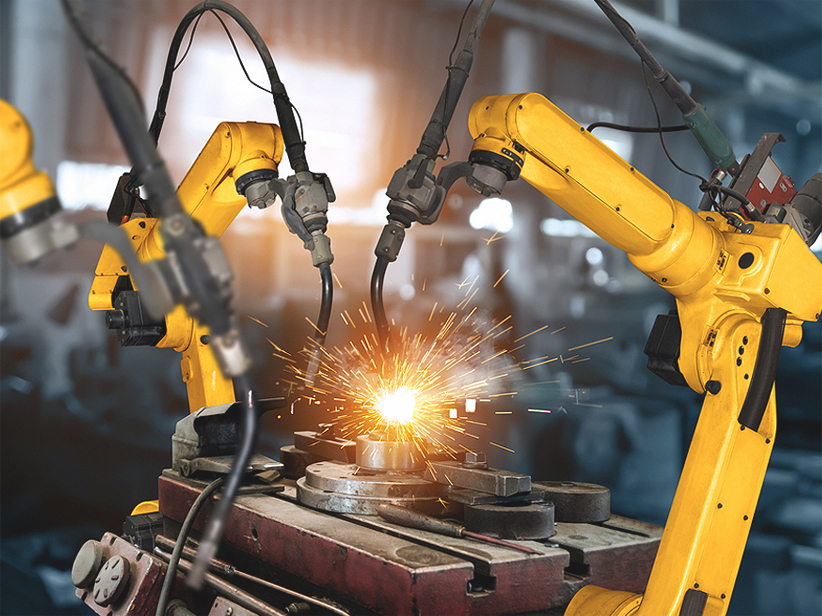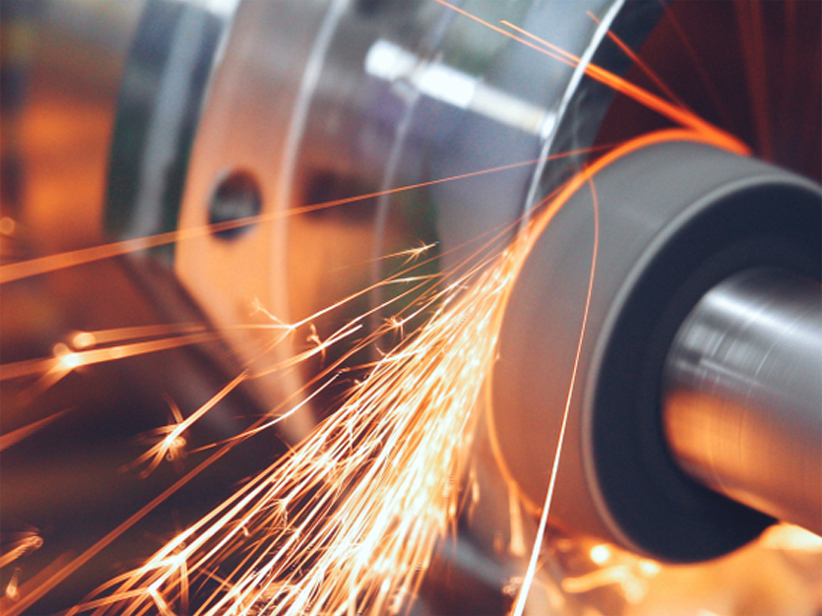Description
Stainless Steel Grade 316/1.4401 is an austenitic chromium-nickel stainless steel containing molybdenum. This addition increases its corrosion resistance, especially against chlorides and other industrial solvents. It is known for its excellent formability, weldability, and high creep, stress-to-rupture, and tensile strength at elevated temperatures. Due to its enhanced properties, 316 stainless steel is widely used in various industries, particularly in harsh environments.
Chemical Composition
Chromium (Cr): 16.0 - 18.0%
Nickel (Ni): 10.0 - 14.0%
Molybdenum (Mo):2.0 - 3.0%
Manganese (Mn): ≤ 2.0%
Silicon (Si): ≤ 0.75%
Carbon (C): ≤ 0.08%
Phosphorus (P): ≤ 0.045%
Sulfur (S): ≤ 0.030%
Nitrogen (N): ≤ 0.10%
Mechanical Properties
Tensile Strength: 515 - 690 MPa
Yield Strength: 205 MPa
Elongation at Break: 40%
Hardness: ≤ 95 HRB
Thermal & Physical Properties
Density: 8.00 g/cm³
Melting Point: 1375 - 1400°C
Thermal Conductivity: 16.3 W/m•K (at 100°C)
Coefficient of Thermal Expansion: 16.0 µm/m•K (0 - 100°C)
Specific Heat Capacity:500 J/kg•K (at 0 - 100°C)
Electrical Resistivity:7.4 x 10^-7 Ω•m (at 20°C)
Other Designations
UNS: S31600
EN: 1.4401
AISI: 316
JIS: SUS 316
Fabrication and Heat Treatment
Fabrication: Grade 316 can be easily welded and processed by standard shop fabrication practices. It is commonly used in the annealed condition and possesses excellent welding characteristics.
Heat Treatment: Annealing should be done at 1010-1120°C followed by rapid cooling to enhance corrosion resistance. 316 stainless steel cannot be hardened by heat treatment, only by cold working.
Applications
Marine Environments: Components exposed to salt water and brine solutions.
Chemical Processing: Equipment and machinery exposed to chemicals.
Food and Beverage Industry: Storage and processing equipment.
Pharmaceutical Equipment: Sterile manufacturing and processing.
Petrochemical Plants: Pipelines, valves, and storage tanks.
Medical Devices: Surgical instruments and implants.
Architectural Applications: Coastal building materials and facades.
Supplied Forms
Bars
Wires
Coils
Features
Corrosion Resistance: Excellent resistance to chlorides, acidic environments, and other corrosive elements.
High Strength: Maintains high strength and toughness at both high and low temperatures.
Formability and Weldability: Easily fabricated and welded using conventional techniques.
Durability: Resistant to pitting and crevice corrosion, enhancing longevity in harsh environments.
Aesthetic Appeal: Offers a shiny, attractive finish, suitable for architectural applications.






